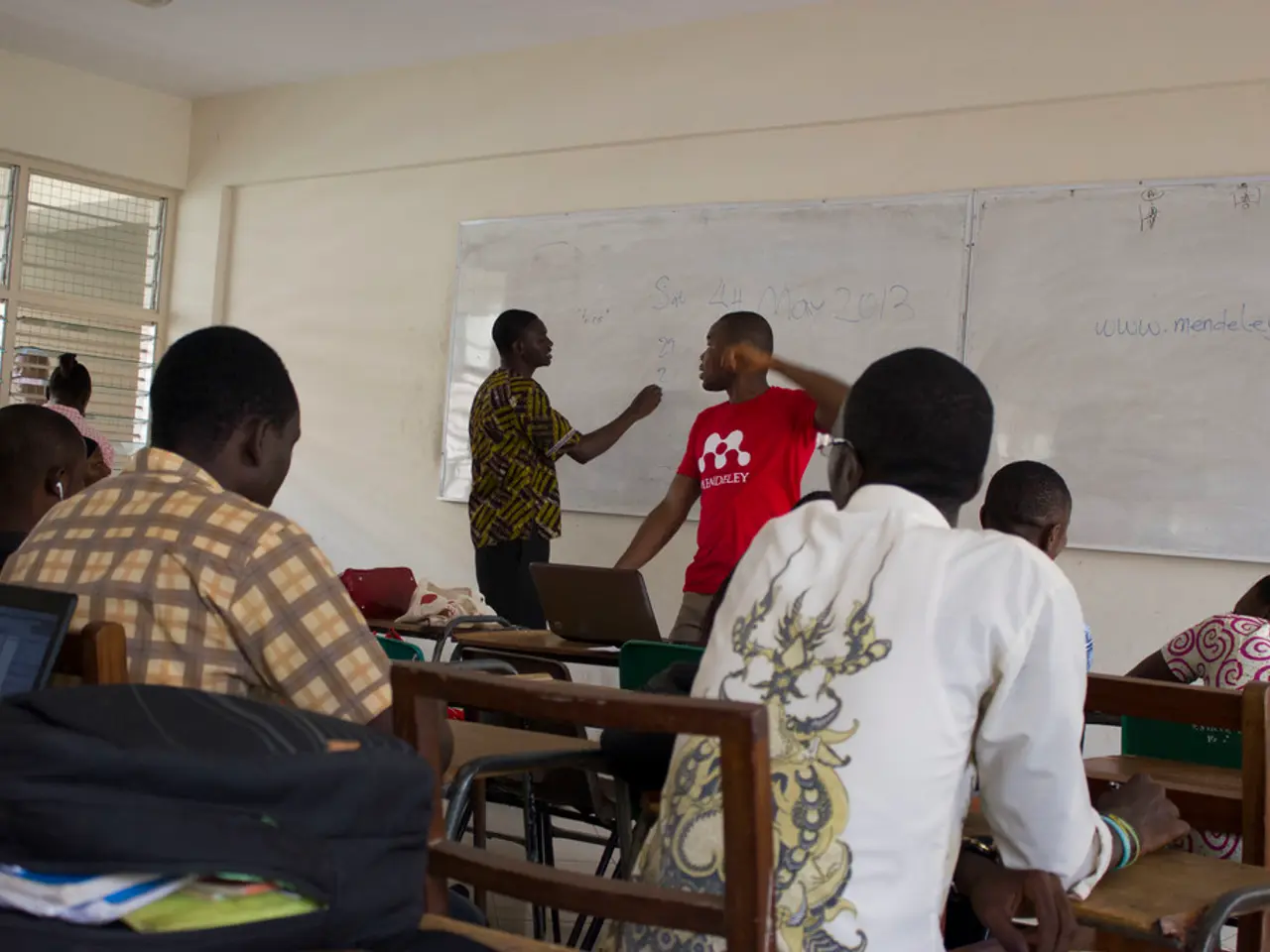Social Networks and Community Platforms: A Exploration of Online Interaction Spaces
Social and community networks have become an integral part of modern life, offering a platform for connection, collaboration, and information exchange. However, these platforms also come with their own set of challenges and potential pitfalls.
Social Networks: Broad Connections, Personal and Professional
Social networks, such as Facebook, LinkedIn, and Myspace, are designed to connect individuals primarily through personal relationships, interests, or professional connections. They facilitate the sharing of files, photos, videos, messages, blogs, and discussion groups across broad networks, often extending beyond close communities.
While social networks help individuals maintain and expand diverse personal and professional relationships, they can also blur the lines between online and offline identities, leading to confusion or deception with multiple personas. They may also contribute to social polarization and can be exploited commercially, sometimes leading to privacy issues and misinformation.
Community Networks: Focused Collaboration, Shared Interests
Community networks, often referred to as online communities, are more focused on collaborative spaces where members share specific interests, support each other, exchange advice, collaborate, or engage deeply on niche topics. Examples of such networks include GitHub, Slack, Trello, Reddit, Stack Overflow, and Quora.
These networks offer sustained engagement and support between members with common interests or goals, provide a space for ongoing discussion and collaboration, and allow organizations to gain actionable insights by monitoring member interactions. However, they also face challenges such as identity ambiguity, trust issues, and risk perceptions related to psychological, social, and safety concerns.
A Balancing Act
Both social and community networks offer valuable social benefits but pose challenges around identity, privacy, and the blending of online and offline personas. They can be used to engage in bad behaviors such as cyberbullying, harassment, and trolling, creating a poisonous environment and having severe emotional and psychological consequences for victims.
On the positive side, these networks generate a sense of connection and shared purpose among their members, giving a forum for people to come together, work, and support one another in reaching common goals. They also provide access to a wealth of information, resources, and knowledge, which can be very useful for learning, remaining informed, and making sound judgments.
Moreover, social networks connect users to a wide range of resources, such as job openings, educational content, and professional services. They also provide emotional support by allowing users to share their stories and receive feedback from their peers. Community networks encourage conversation among like-minded people, which can lead to collaborative problem-solving, idea exchange, and support.
A Global Community
One of the most significant benefits of social and community networks is their ability to make it easy to stay in touch with individuals, regardless of physical location. This promotes a sense of global community and enables meaningful interactions beyond geographic borders. Members of community networks also get access to specialized resources in their community, including expert advice, product or service suggestions, and collaborative initiatives.
Social networks can help to raise awareness and mobilize people for social problems, leading to increased civic involvement. They also provide real-time communication, allowing for immediate interactions and answers, which is extremely useful in fast-paced situations, such as professional settings or during an emergency.
In conclusion, social and community networks are powerful tools that offer numerous benefits but also present challenges. It is essential for users to navigate these platforms with caution, being aware of potential risks and taking steps to protect their privacy and online identity. By doing so, these networks can continue to be a valuable resource for connection, collaboration, and personal and professional growth.
[1] Boyd, D. M., & Ellison, N. B. (2007). Social network sites: Definition, history, and scholarship. Journal of Computer-Mediated Communication, 13(1), 210-230.
[2] Marwick, A. E., & boyd, d. m. (2011). I think therefore I’m connected: Theorizing social media. Polity.
[3] Ellison, N. B., Steinfield, C., & Lampe, C. (2007). The benefits of Facebook ‘friends:’ Social capital and college students’ use of online social network sites. Journal of Computer-Mediated Communication, 12(4), 1143-1168.
[4] Wellman, B., & Gulia, M. (1999). Networked: A sociological approach to social networking sites. Annual Review of Sociology, 25, 267-288.
The integration of technology in social and community networks has revolutionized lifestyle, fostering a global sense of connection beyond geographical boundaries [education-and-self-development]. However, these platforms necessitate careful navigation to mitigate potential privacy infringements and maintain a solid online identity [technology].
Social polarization, deception with multiple personas, and the blurring of boundaries between online and offline identities are some challenges faced by social networks [lifestyle]. On the other hand, community networks offer focused collaboration, sustained engagement, and expert advice, and provide a space for like-minded individuals to share specific interests or achieve common goals [technology, education-and-self-development].




